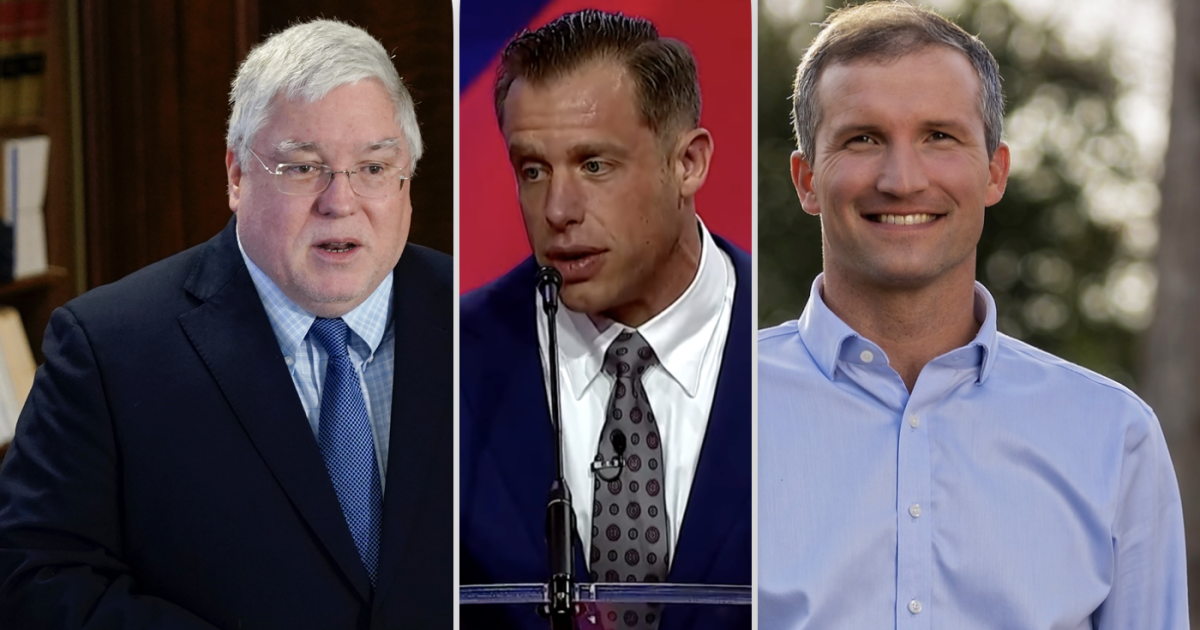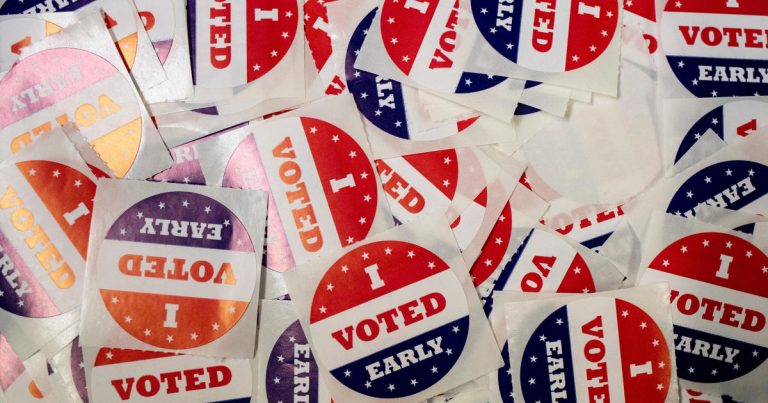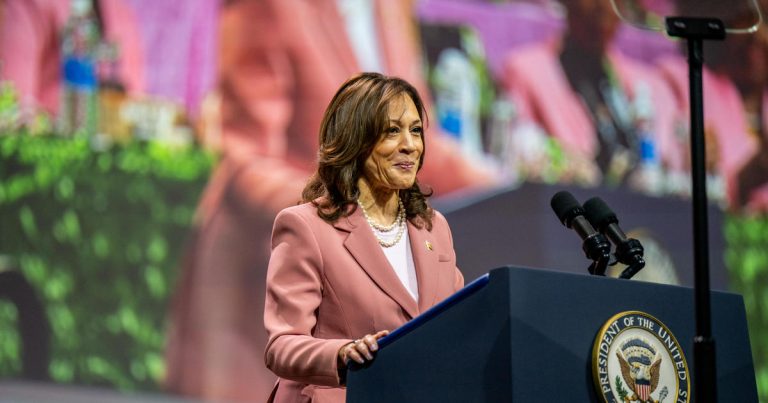Three GOP candidates in West Virginia compete over who is more anti-LGBTQ
Amidst the West Virginia primary elections, the race for the Republican nomination for governor has taken a controversial turn with candidates vying to showcase their opposition to transgender rights. State Attorney General Patrick Morrisey, Chris Miller, and Moore Capito are engaging in a heated competition, each attempting to outdo the others in proving their stance against LGBTQ rights.
TV ads circulating in West Virginia have become a platform for these candidates to accuse one another of sympathizing with transgender individuals while highlighting their own efforts to restrict LGBTQ rights. The approach has raised concerns among advocacy groups, with the ACLU of West Virginia criticizing the campaigns for being more focused on demonizing vulnerable communities for political gain rather than offering constructive solutions.
Patrick Morrisey’s campaign, in particular, has emphasized his stance against permitting biological males to participate in women’s sports, positioning himself as a strong supporter of the West Virginia Save Women’s Sports Act of 2021. The legislation mandated that an athlete’s participation in sporting events be based on their biological sex as indicated on their birth certificate. Morrisey’s decision to challenge the law’s overturning by the 4th U.S. Circuit Court of Appeals underscores his dedication to the cause.
In response to these anti-transgender efforts, the ACLU of West Virginia has criticized the state’s use of significant resources to prevent a middle school girl from joining the track team. The legal battle has escalated to the extent of involving the U.S. Supreme Court, presenting the issue as a matter of national importance.
As tensions rise, the political discourse has become increasingly aggressive, with a super PAC supporting Morrisey launching an ad targeting Chris Miller for allegedly disregarding pro-transgender events during his tenure on the board of Marshall University. Miller, on the other hand, has pledged to safeguard children from what he perceives as the radical transgender agenda. The back-and-forth accusations between candidates reflect the intensity of the race.
Moore Capito, a former member of the West Virginia House of Delegates, has emphasized his efforts to prohibit transgender surgeries on minors and ban puberty blockers. His campaign ad, “Girl Dad,” features a fictional race where a less athletic male character outperforms female runners, framing the issue as a defense of women’s sports against perceived threats from the “woke leftists.” Capito’s campaign promises include ensuring that biological men are never allowed in spaces shared with young girls.
The broader national context of LGBTQ rights is also at play, as Republican-led states challenge the Biden administration’s new Title IX regulations aimed at protecting transgender students from discrimination in educational settings. Education Secretary Miguel Cardona’s expansion of Title IX to encompass discrimination based on gender identity and sexual orientation has sparked backlash and legal action from several GOP attorneys general, including Morrisey.
In West Virginia, the focus on anti-LGBTQ legislation has intensified, with the ACLU tracking a notable number of bills targeting LGBTQ rights. While not all proposed bills have been enacted into law, the hostile environment created by such measures contributes to harm against LGBTQ individuals. Governor Jim Justice’s recent approval of a law banning transgender and non-binary individuals from changing their sex on driver’s licenses further exemplifies the state’s restrictive approach to LGBTQ rights.
As the gubernatorial race in West Virginia unfolds, the anti-transgender rhetoric within the Republican candidate pool underscores the contentious nature of LGBTQ rights debates in the current political landscape. With the lines drawn firmly between candidates advocating for restrictive measures and those pushing for inclusivity, the outcome of the primary elections will likely shape the future trajectory of LGBTQ rights in the state.








